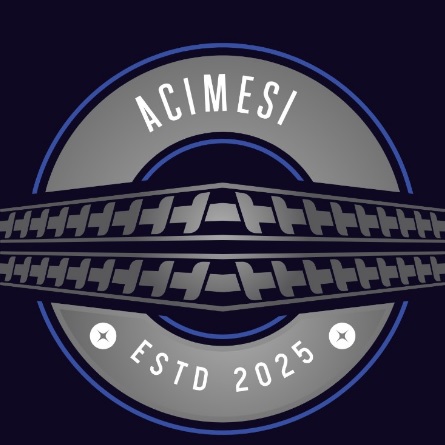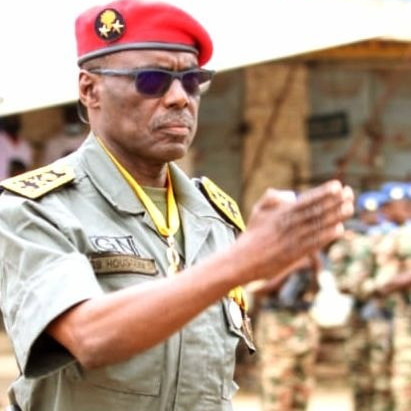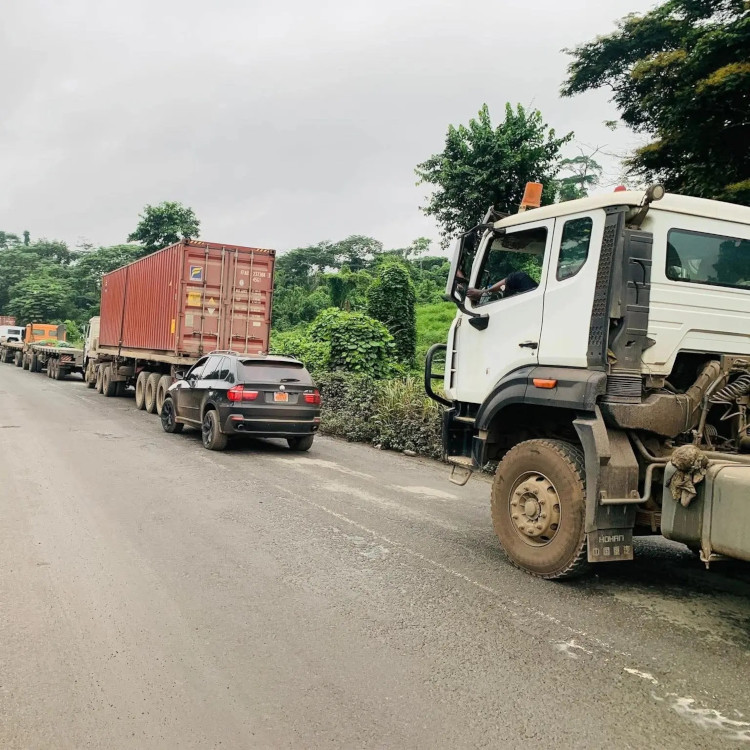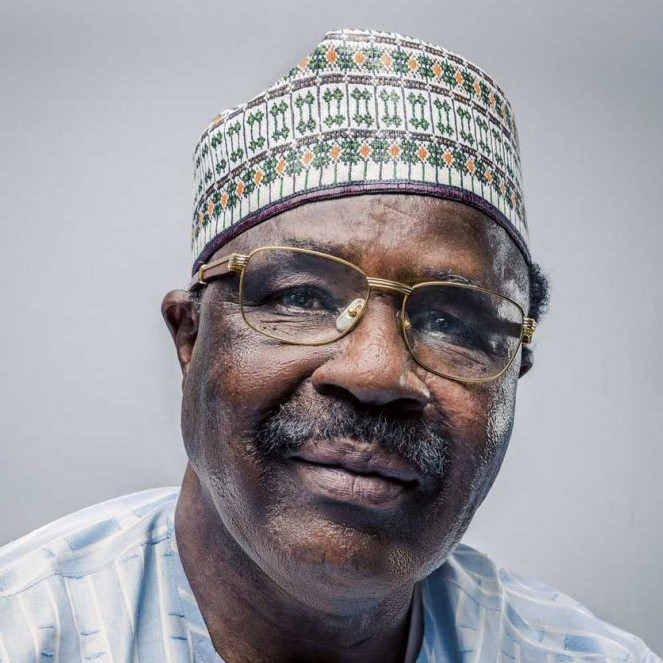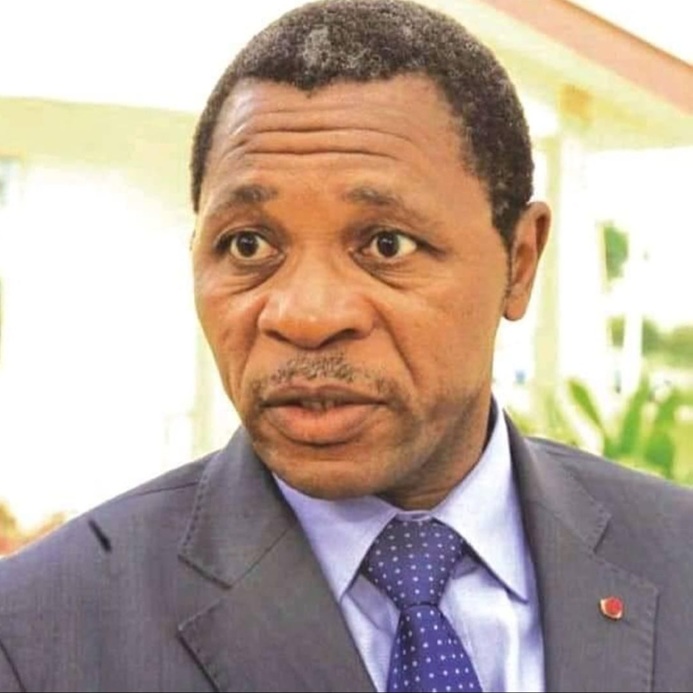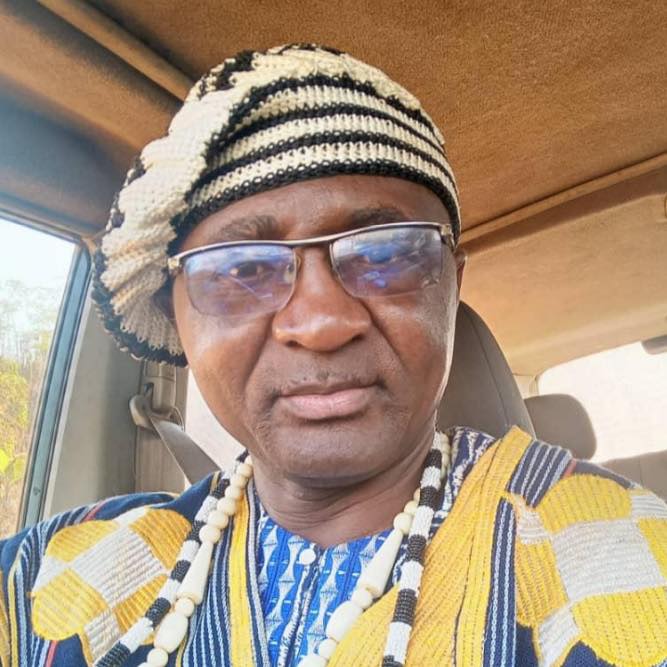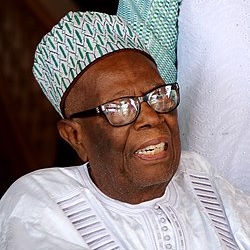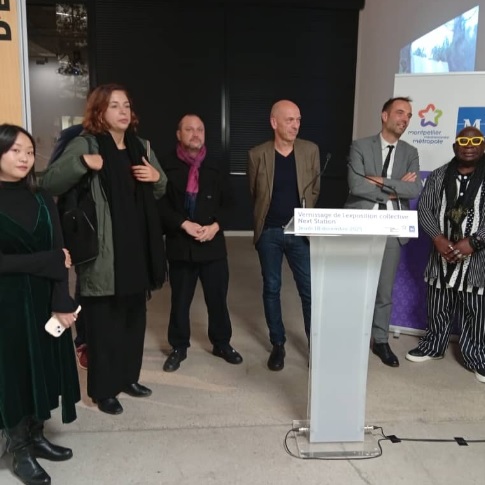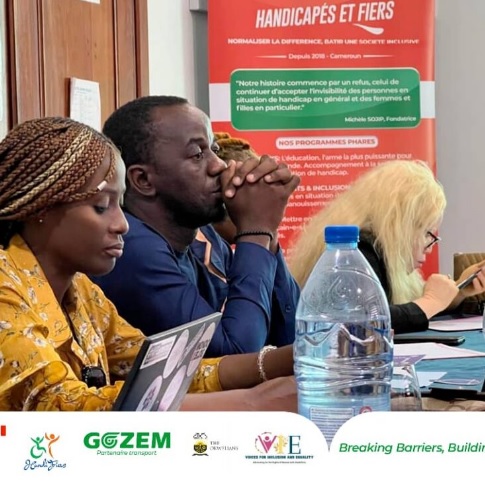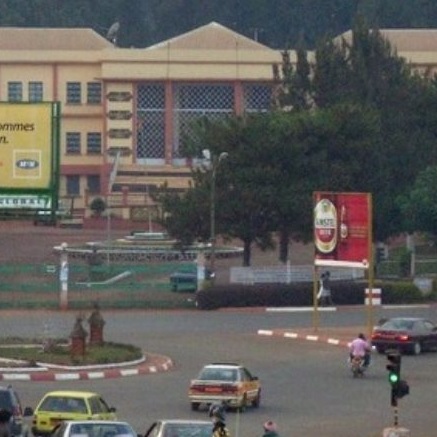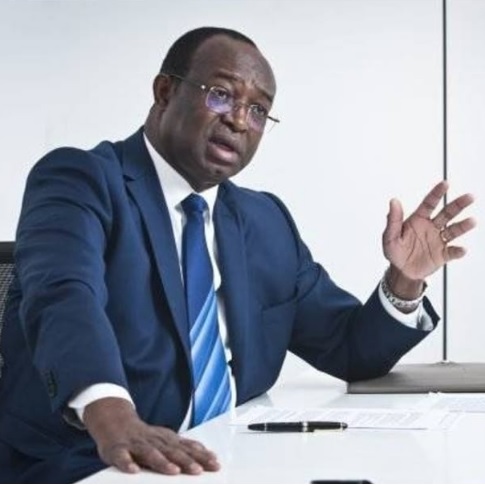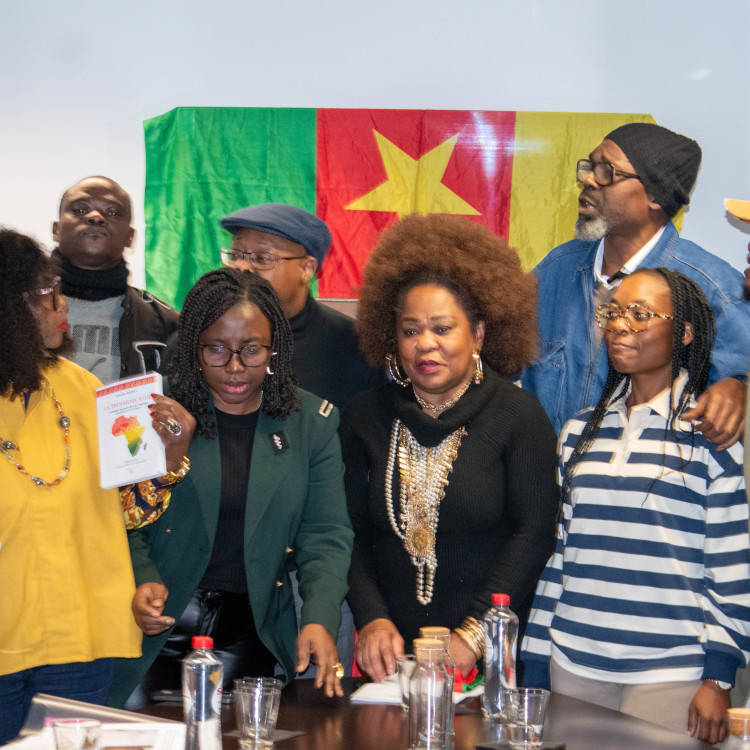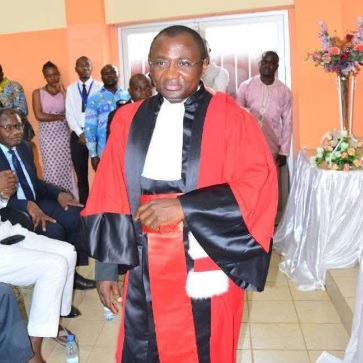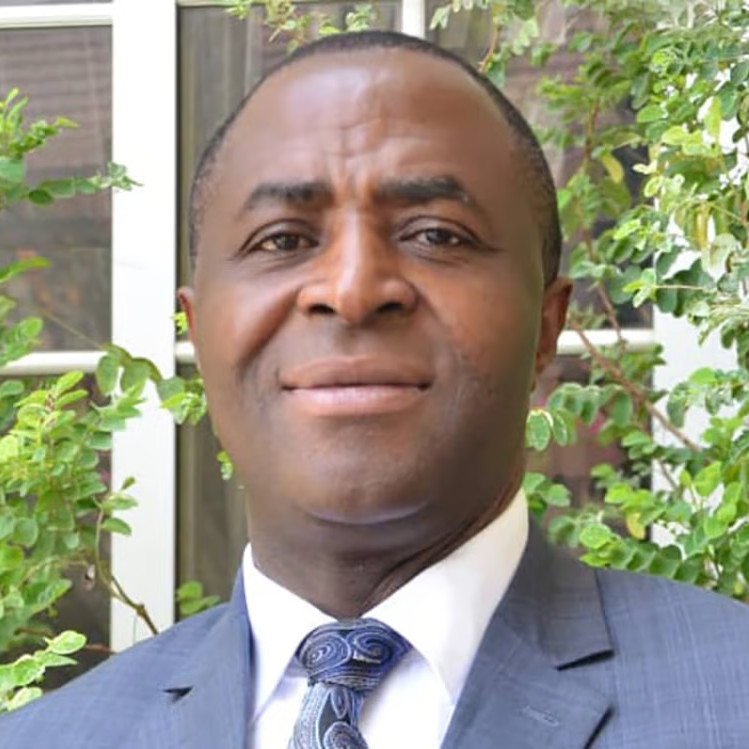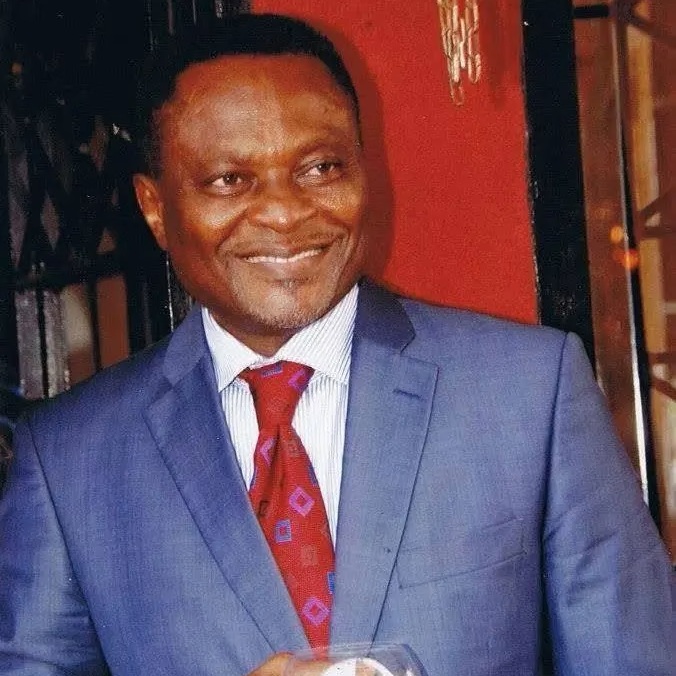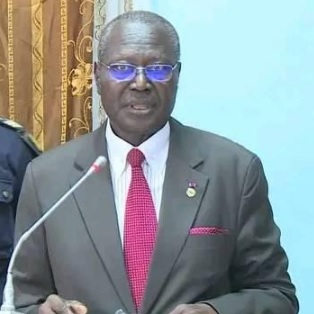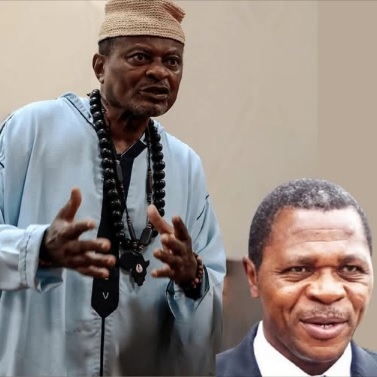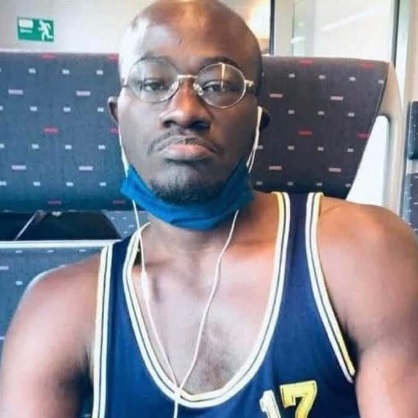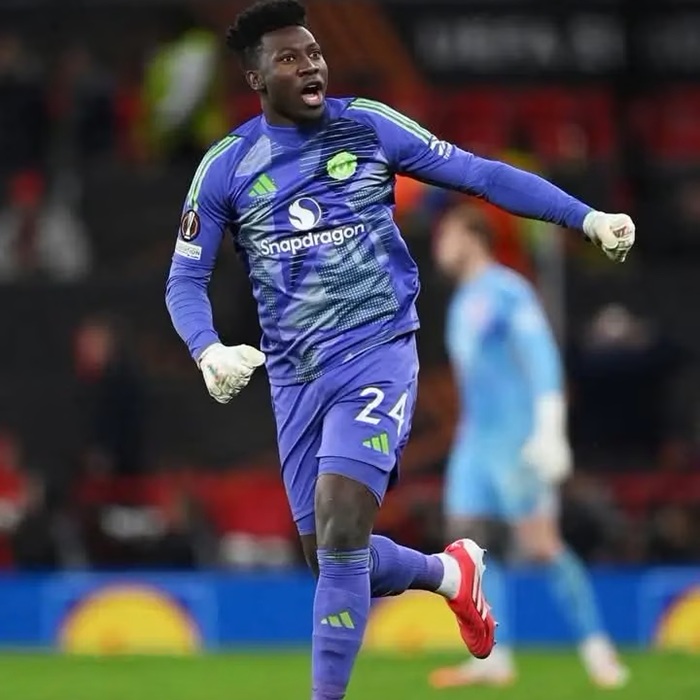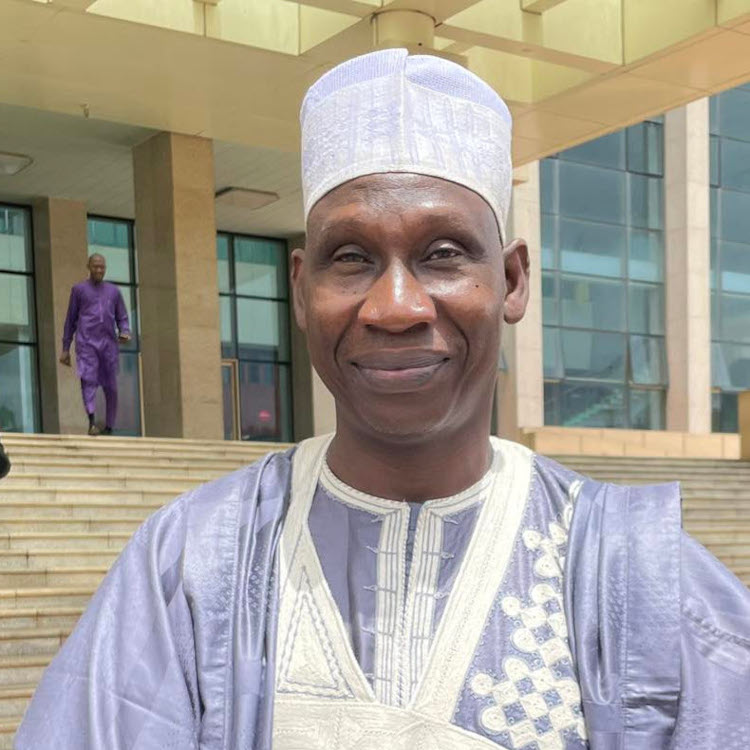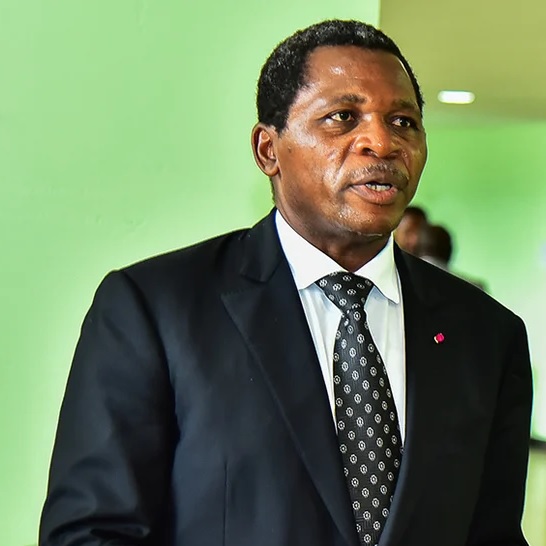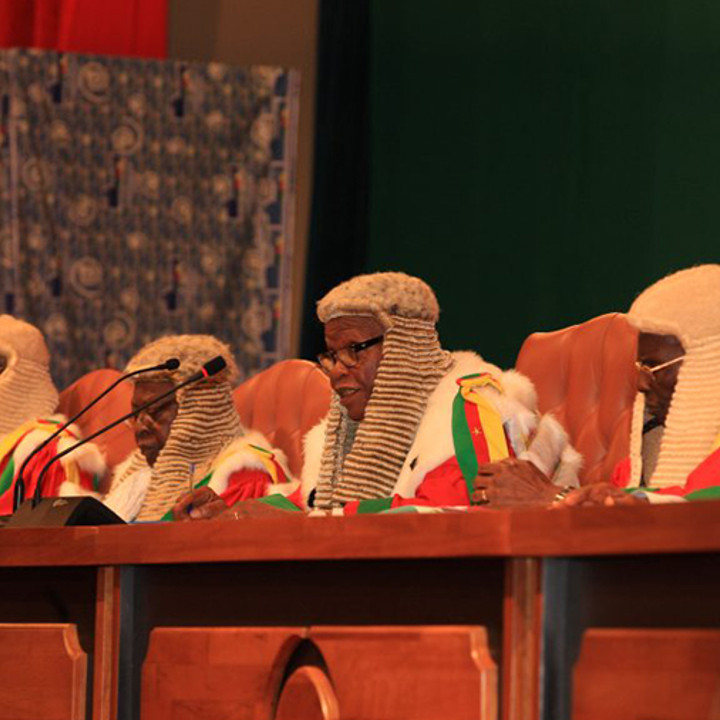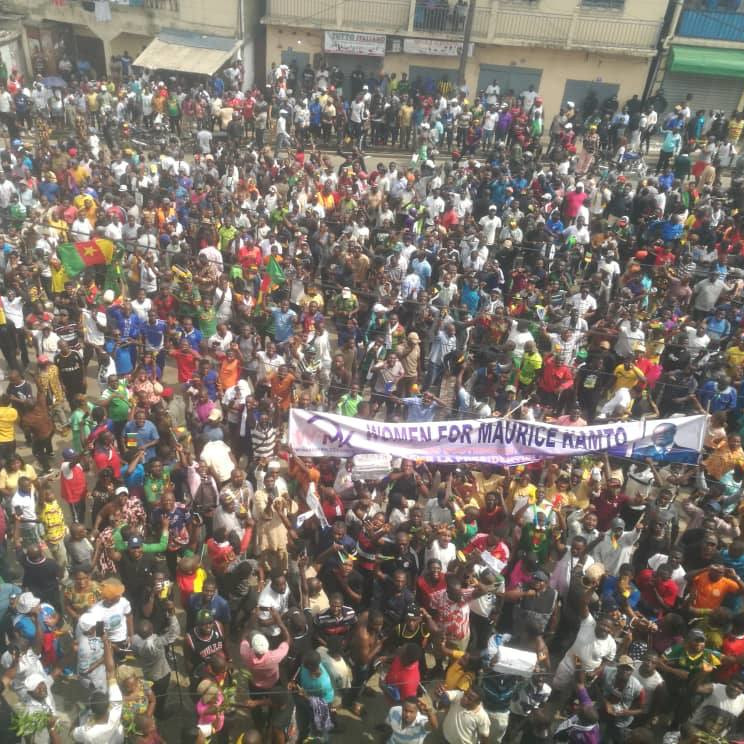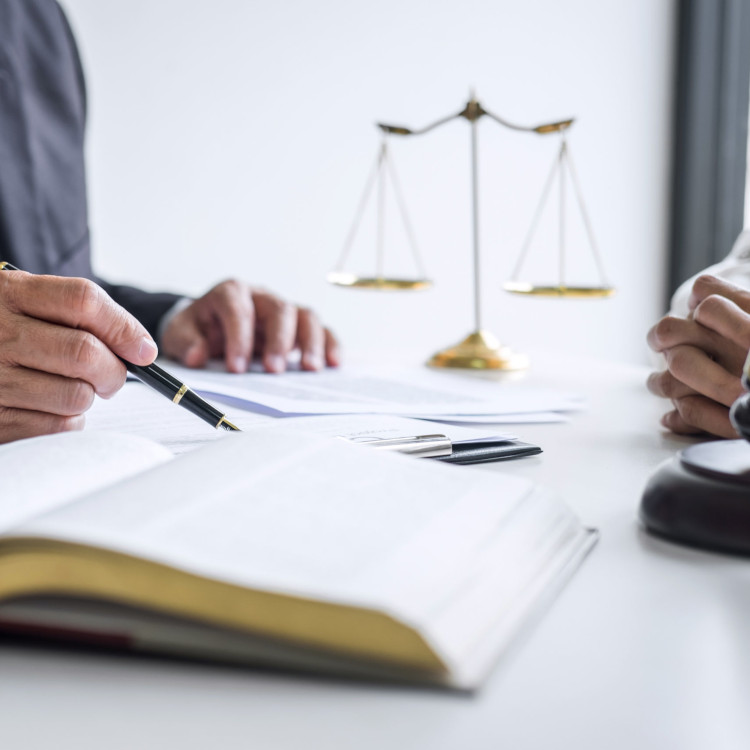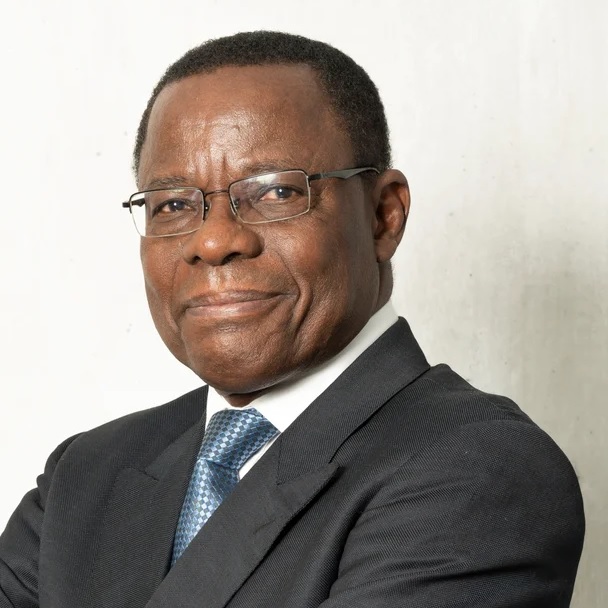

-
© Contributor : Olivier Tchouaffe, PhD, Spokesman Of The CL2P
- 02 Dec 2017 23:21:03
- |
- 3541
- |
CAMEROUN :: The CL2P, Whistleblower and the media Chilling Effects in Cameroon
Pr. Albert Mbida’s latest intervention in the CRTV on November 28, 2017 (http://www.cameroon-info.net/article/cameroun-pr-albert-mbida-toute-la-generation-androide-doit-aller-en-prison-309174.html) was designed to send a chill down the spine of would be whistleblowers and the media in Cameroon. However, many things need to be clarified regarding Pr. Albert Mbida’s media fatwas, particularly, in issues regarding free speech and issues of national securities.
What constitutes Classified Information?
To be clear, leaks are the transmission of the information from the public official to the person not authorized to have it. However, what constitute classified information in the first place? Not everything the government does is classified information. For example, there is such a thing as protected disclosure and that include the release of information that the employee reasonably believes demonstrates illegality, gross mismanagement and incompetence, gross waste, abuse of authority, or a substantial and specific danger to public health or safety. Moreover even if the information is indeed classified, the employee must be able to report “urgent concern” to the appropriate authorities without being subjected to forms of abusive retaliations. Hence, telling the president that he is incompetent is neither classified information nor a matter of “outrage” as Senior minister Marafa Hamidou Yaya and Maître Harissou have been subjected to.
Hence, a classified information has to be stamped “classified information.” Then stored in the government’s secured system. Then, the government has to demonstrate that the person who disclosed these forms of classified information has acted in bad faith and that the information disclosed are damaging to the government or useful to the enemy of the country something the government has yet to prove notably in the famous case of Ahmed Abba.
Second, the publication of leaked information by the press is not a leak — it is the result of a leak or investigative journalism. Press publications are generally thought to be protected by the First Amendment and expressive freedoms. Although the CL2P recognizes that there is still some scholarly dispute about whether the media could be liable for receiving and publishing certain kinds of information, such as national-defense information. Nevertheless, the government should not use policies on leaks as a wicket strategy to promote media censorship and, therefore, the line between propaganda and censorship has to be clearly delinated.
Most Leaks Do Not Involve Classified Information
As point 1, above, makes clear, information need not be classified to be leaked. Classified leaks are generally the worst leaks, because they are manifestly criminal and their exposure portends the most harm to the country. However, they are neither the only nor the most common kind of leaks. Because of privacy laws, any non-public information collected by the government is supposed to be handled with care and not disclosed in the absence of authorization. It has to be that way: The government has the power to compel information from us that we would not otherwise surrender; thus, the privacy of that information must be protected even though only a tiny percentage of it is classified. In law enforcement, moreover, there is a category of information known as “law-enforcement sensitive” — such as details about a pending investigation, the identities of informants, and deliberations over potential charges, etc.
Who gets whistleblower’s status in Cameroon
Pr. Albert Mbida did not elaborate on the status of whistleblowers in Cameroon, probably, because he does not believe in it. According to the CL2P’s creative interpretation, however, ordinary people reporting information that serve the purpose of the general interest, particularly, checking the humongous power of the administrative state and the executive branch, qualify for whistleblower protections, especially because of the retaliatory power of these two entities and therefore will be recognized as a political prisoners in Cameroon.
In so doing, the CL2P believes in public service. Particularly, when few ordinary Cameroonians are inclined to think that our government may not have our best interests at heart. Thus, we need to be the ones to maintain checks and balances against Biya’s authoritarian regime.
Pour plus d'informations sur l'actualité, abonnez vous sur : notre chaîne WhatsApp
Lire aussi dans la rubrique POINT DE VUE
Les + récents
Maurice Kamto co-lauréat du Prix Boutros Boutros-Ghali pour la paix et la démocratie
l’ACIMESI trace une nouvelle voie pour la métallurgie
Attentat à Bamenda : le Général Housseni Djibo visé sur fond de crise post-électorale
Drame à Bekoko : un camionneur roule mortellement sur son assistant endormi
Affaire Danpullo : MTN Cameroun respire après la suspension de la saisie Mobile Money
POINT DE VUE :: les + lus





Cameroun,33 ans de pouvoir: Les 33 péchés de Paul Biya
- 10 November 2015
- /
- 105966
LE DéBAT
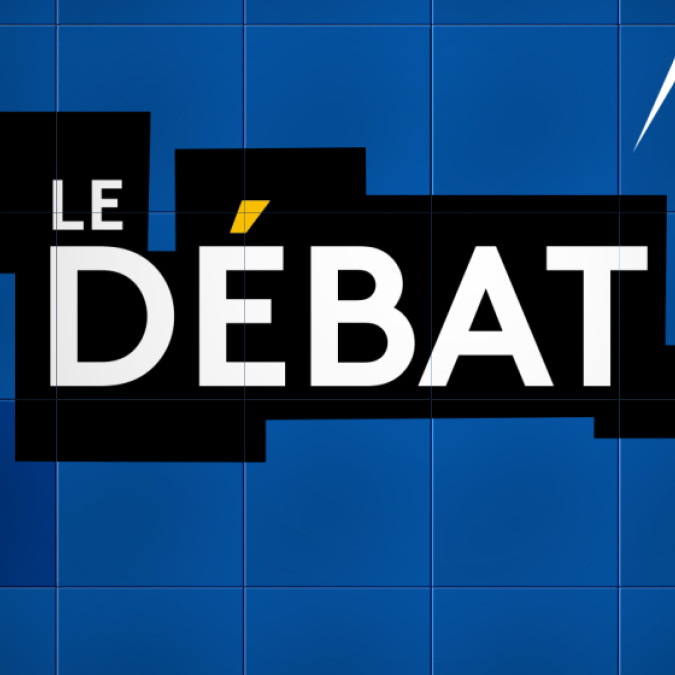



Afrique : Quel droit à l'image pour les défunts au Cameroun ?
- 17 December 2017
- /
- 218760

Vidéo de la semaine
évènement


